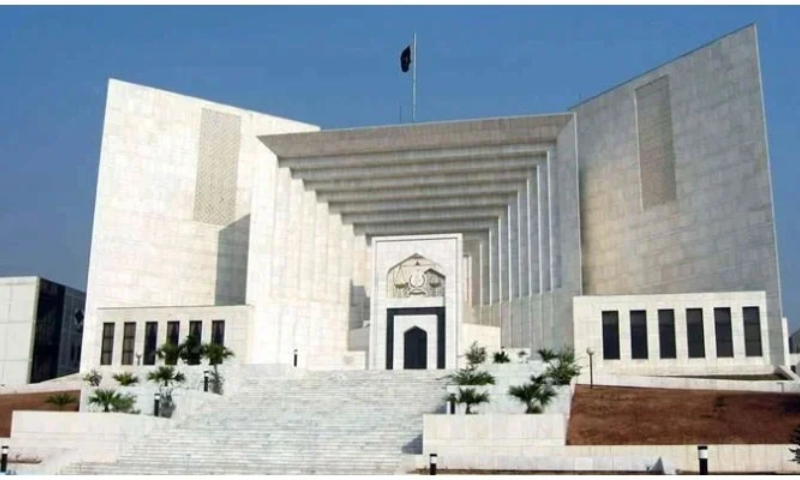ISLAMABAD: Former President of the Supreme Court Bar Association (SCBA) Abid Zuberi has approached the Supreme Court to challenge the 26th Constitutional Amendment. In his petition, Zuberi requests the court to declare the amendment illegal.
The amendment, which was recently passed by the bicameral parliament- National Assembly and Senate- with a two-thirds majority, sets the term for the Chief Justice of Pakistan at three years.
Zuberi, along with five other lawyers, argues that the amendment violates fundamental rights and the Constitution, asserting that “lawmakers cannot be forced to vote for a constitutional amendment.”
The petitioners further contend that the current formation of Parliament is “incomplete,” making the passing of such an amendment unlawful. They also claim that appointing the Chief Justice through a parliamentary committee represents “interference” in the judiciary. The apex court has been urged to strike down the 26th Constitutional Amendment.
On October 26, another petition challenging the amendment was filed in the Supreme Court by advocate Mian Asif under Article 184(3). This petition names the federal government, the Ministry of Law, and the Attorney General as respondents. Mian Asif argues that the 26th Amendment undermines judicial independence, a key component of Pakistan’s constitutional framework. He requests that the Supreme Court nullify the amendment, stating that Parliament should not pass legislation that could impact judicial autonomy or obstruct the administration of justice.
Former Senator Afrasiyab Khattak has also challenged the 26th Constitutional Amendment in the Supreme Court.
26th Constitutional Amendment Key Points
Under this amendment, the Chief Justice of Pakistan’s term is set at three years. A 12-member parliamentary committee will nominate the new Chief Justice from a panel of the three most senior judges. This committee will consist of eight members from the National Assembly and four from the Senate, proposing a name to the Prime Minister, who will then forward it to the President for final approval.
Moreover, a Judicial Commission of Pakistan, led by the Chief Justice and comprising three senior judges, two members each from the National Assembly and Senate, the Federal Minister for Law and Justice, the Attorney General, and a nominee from the Pakistan Bar Council with at least fifteen years of practice in the Supreme Court, will oversee the appointment of judges to the Supreme Court.


























